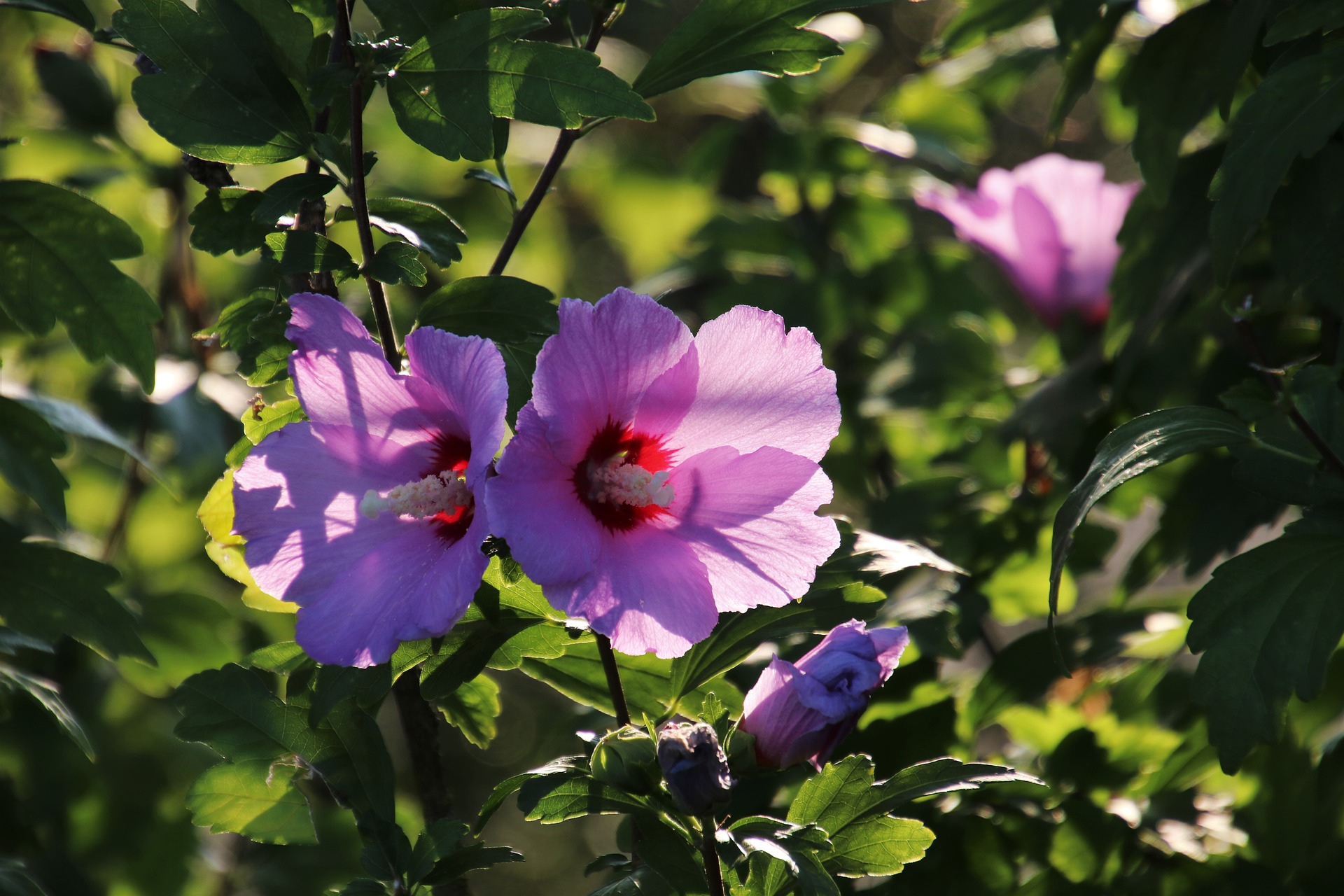Blog

Ask Dr. Phipps: Rose of Sharon Removal
Q: My hubby and I have Rose of Sharon hedges in our yard. It is becoming too much work for my husband to trim them all summer. We want to get rid of them. What is the easiest/smartest way to get rid of them? Some have even grown in my rose bush and are taking over the space. My husband is getting older and it is not healthy for him to keep working on them. We have a lot of them.

A:
The Rose of Sharon ( Hibiscus Syriacus) is an ornamental shrub that was brought to the United States from Asia in the early 1600's. It is now considered to be an invasive species in Pennsylvania, Kentucky, Tennessee and Virginia. This shrub reproduces mainly by the production of seeds. Rose of Sharon produces a prolific amount of seeds which are then carried into natural areas. When the seedlings colonize, they crowd out our native species. The small seedlings send down long deep tap roots that make the plant difficult to remove. It will be important to remove the seedlings as well as the main plant that is spreading seeds.
You may remove the seedlings by digging them out of the ground when they are small. If you have an infestation of seedlings, you may try to cover them with black plastic, tarp or even an old carpet. The covering should be kept in place for at least a year. This process takes time, and it will kill any other plants underneath the covering.
The best way to remove full grown Rose of Sharon is to cut the plant to the ground and dig it up. The shrub is very deeply rooted so you will need to dig up as much of the plant and you can and them manage the new sprouts that try to grow from the deep roots. To remove them, follow these steps:
- Use pruning shears, loppers or a chain saw to remove all branches and suckers. Cut the shrub back to the ground.
- Use a shovel or pruning shears to dig up as much of the roots as you can. It may be difficult to reach all of the roots of large or very old plants, but get as much as possible.
- New shoots will appear for a while. Try these options to get rid of the plant all together: cut back or pull up new shoots as they appear, mow over new shoots, or cover the area with black plastic and wait a year for the plant to die back.
- You can plant something new in the area, once you have managed the new shoots, by covering the area with compost, cardboard, and mulch. Wet the cardboard so that it forms to the soil. You can move aside the mulch and plant right through the cardboard.
It will take persistence to remove Rose of Sharon and its suckers, but some effort now will reduce your need to continually prune back the plant.
If you want help with this endeavor, contact one of our Sustainable Landcare Accredited Professionals. You can find them here. These are local landcare companies who use sustainable practices and offer maintenance and other services without the use of synthetic pesticides or fertilizers.

